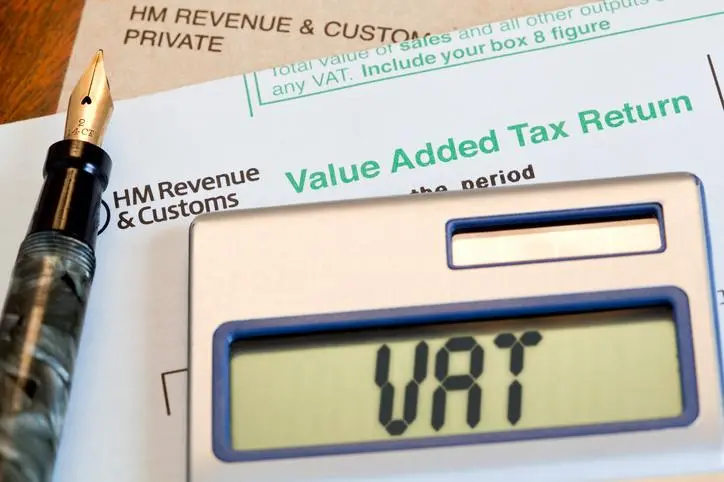PHOTO
A decision to waive a five per cent tax on electricity and water bills will cover all customers, including Bahrainis and expatriates.
The GDN yesterday reported that the government will shoulder the Value Added Tax (VAT) on utility bills from next week, after the Cabinet approved a memo submitted by Electricity and Water Affairs Minister Wael Al Mubarak to add a new clause to the 2016 edict on electricity and water tariffs.
The tax on goods and services was introduced in January last year and covered utility bills.
EWA officials at the time said that 64pc of Bahraini subscribers’ electricity consumption did not exceed 3,000 units, which meant they were not affected by VAT.
However, the GDN published a number of reports last year on Bahrainis and expatriates alike expressing outrage at high utility bills.
Mr Al Mubarak told the GDN yesterday that the new decision, which will be implemented from Saturday, will cover all accounts.
“It will cover all accounts and (the decision is applied on) everybody,” the minister responded to the GDN yesterday.
The decision has been welcomed by experts, businessmen and community leaders who said the move will reduce financial pressure on low income groups, including expatriates, who play a key role in the development of the national economy.
“Many families, especially among expatriates, are burdened by the high utility bills and eventually it has a negative impact on the market,” said Bahrain Contractors Society board member and businessman Hisham Mattar.
“Increasing the electricity and water rates is not the solution, but we should boost our domestic electricity and water production to ensure there is enough supply at a decent market rate.”
The rising cost per unit of electricity and water between 2016 and 2019
The price of utilities has been increasing on an annual basis since 2016 for expats, the private sector and Bahrainis with more than one house.
The final increase was in March last year with domestic electricity charges increased from 21 fils in 2018 to 29 fils per unit (for up to 3,000 units), while water charges went up from 450fils in 2018 to 750fils per unit (for up to 60 units).
Government officials said the new power rates were expected to save the government BD290 million over four years, while new water rates for expats and the private sector will save BD145.4m.
Finance and National Economy Minister Shaikh Salman bin Khalifa Al Khalifa also told MPs in May that they were expecting revenues of around BD213.7m million in 2019 and BD269.9m this year from VAT and excise duty.
However, Bahraini economist Dr Akbar Jaffari said the estimated yearly revenues from VAT would marginally meet the deficit, stressing the need to review long-term measures.
“At the moment, the utility bills are causing sizeable burden to the low income, particularly among the expats, and has even affected the real estate sector,” said Dr Jaffari.
“Many families reshuffled their living standards, while others left Bahrain.
“We need to protect these (low-income) categories because expats build our infrastructure and we need to go back and review the root cause of the problem, rather than hiking rates.
“We need to have concrete long-term measures that avoid wastage of resources, rather than raising the tariffs.”
Bahrain Centre for Strategic, International and Energy Studies (Derasat) research director Dr Omar Alubaydli said Monday’s Cabinet decision will also boost consumer confidence at a time when oil exporting economies continue to be affected by the post 2014 oil price crash.
“Utility bills are a significant part of every household’s monthly budget and so the accumulated cost of VAT over the year can be quite significant,” he added.
Shura Council member Darwish Mannai added that the Cabinet’s decision was a “good move that will help households and small companies”, while Indian Community Relief Fund chairman Aruldas Thomas said high utility bills were a growing concern among the expatriate community.
According to the Social Insurance Organisation (SIO) statistics for the third quarter of last year, expats in the private sector who received less than BD200 represented 73pc of the SIO contribution or 346,804 individuals.
sandy@gdn.com.bh
© Copyright 2019 www.gdnonline.com
Copyright 2020 Al Hilal Publishing and Marketing Group Provided by SyndiGate Media Inc. (Syndigate.info).





















